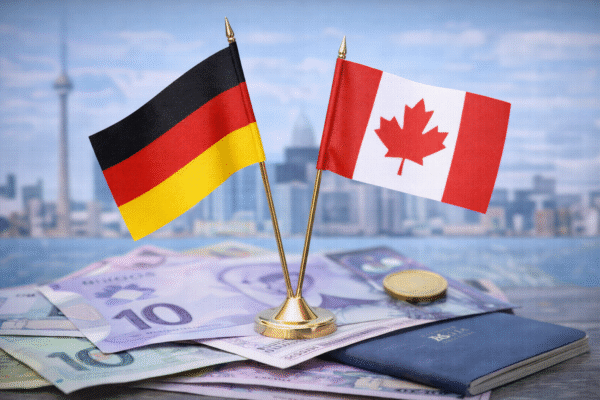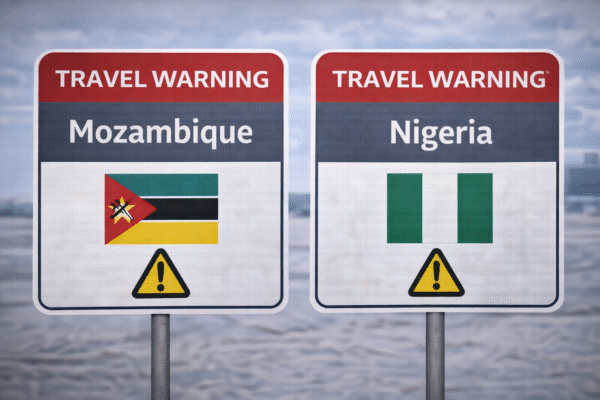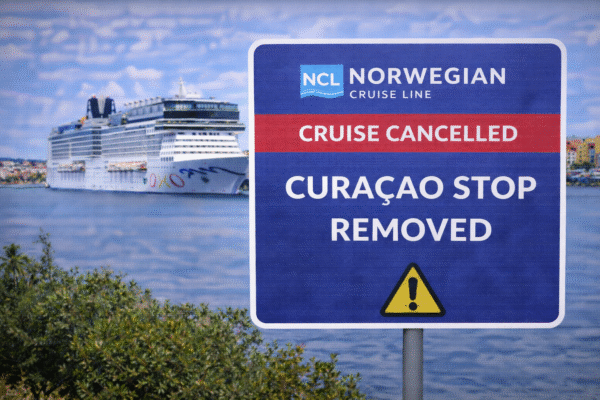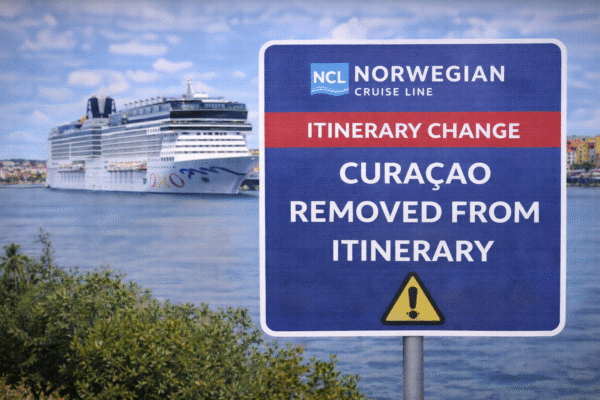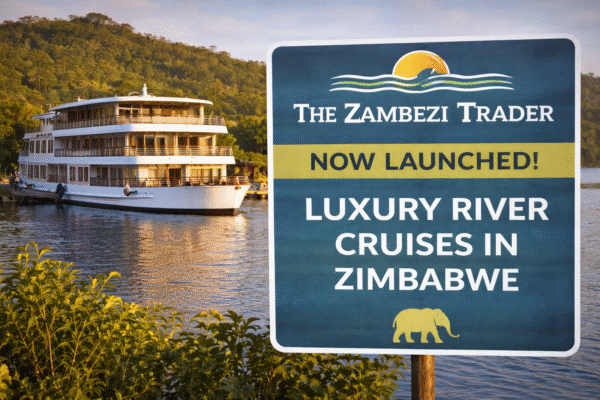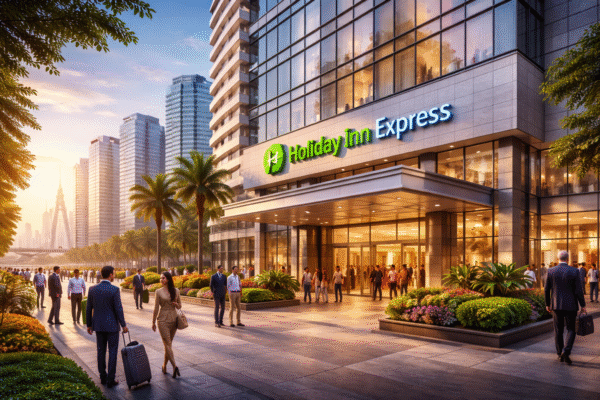Tourism News Rewrite – 800 Words (Plagiarism-Free & SEO-Optimized):
Middle East Tourism in 2025 Sees Surge in Demand as Syria, Lebanon, and UAE Embrace Authentic, Offbeat Travel Experiences
The tourism landscape in the Middle East is undergoing a remarkable evolution in 2025, led by a resurgence of interest in destinations like Lebanon and Syria, and reinforced by the UAE’s booming outbound travel demand. A clear shift is emerging: travellers are increasingly valuing authenticity, flexible planning, and transformative cultural encounters over conventional luxury travel norms.
In Lebanon and Syria, the appeal lies in the rediscovery of heritage and the promise of experiences that diverge from mass tourism routes. Meanwhile, the UAE is witnessing a dramatic uptick in outbound travel, with residents seeking both global getaways and regional retreats. These trends collectively point to a broader movement—one that redefines what Middle East tourism can be in a post-pandemic, high-inflation world.
Lebanon and Syria Reemerge as Cultural Tourism Hubs
Once sidelined due to conflict and infrastructure challenges, Lebanon and Syria are now back on the travel radar for curious, intrepid tourists. From Beirut’s vibrant culinary and arts scenes to Damascus’s ancient souks and Roman ruins, both countries offer immense cultural richness. Tourists—particularly diaspora communities—are seeking to reconnect with ancestral roots or discover lands long inaccessible due to geopolitical instability.
According to recent regional travel insights, demand for flights to Beirut and Damascus has increased significantly in the first half of 2025. Carriers like Cham Wings Airlines and Middle East Airlines have resumed or expanded operations, reflecting renewed interest among global travellers. However, limitations remain. Lebanon still grapples with intermittent power supplies, while Syria continues to rebuild essential services. These hurdles underscore the need for traveller preparedness and realistic expectations.
Travel Insurance Becomes Essential in 2025
One of the defining characteristics of travel planning in 2025 is the rising importance of comprehensive insurance. Whether driven by increased climate-related disruptions, geopolitical instability, or high trip costs, insurance is no longer seen as optional. For Middle East-bound travellers, especially those eyeing Syria or Lebanon, policy accessibility is a major consideration.
While Lebanon is covered by some global insurers, policies often include high premiums and territorial exclusions. Syria remains largely excluded from standard travel insurance, due to ongoing sanctions and safety advisories. This limits travel accessibility to only the most determined adventurers, NGO workers, and heritage-driven tourists.
As highlighted by the UN World Tourism Organization (UNWTO) and International Travel Insurance Journal, there’s growing pressure on governments and private insurers to improve coverage transparency for higher-risk destinations. Industry experts stress that better coordination between tourism ministries and insurers could help foster safer, more responsible travel to emerging destinations.
UAE Airports Experience Peak Outbound Travel Surge
In contrast to the fragile tourism recovery in Syria and Lebanon, the United Arab Emirates is experiencing unprecedented outbound travel activity. Dubai International Airport, the world’s busiest for international passenger traffic, reported record volumes in May and June 2025. The rise is driven by school holidays, increased income levels, and a growing appetite for international exploration.
According to the UAE’s Ministry of Economy and the Emirates Tourism Council, flexibility is the key to maximizing travel opportunities despite rising costs. UAE residents who plan in advance, select shoulder-season itineraries, or choose lesser-known destinations like Georgia, Uzbekistan, or even parts of the Levant, can still enjoy premium travel experiences at reasonable costs.
Flexibility and Authenticity Redefine Travel Goals
Across the region, travellers are shifting away from rigid itineraries and all-inclusive packages. Instead, there is rising demand for offbeat, immersive travel. In Lebanon, this means hiking the Lebanon Mountain Trail, exploring Byblos’ UNESCO-listed ruins, or sampling street food in Tripoli. In Syria, adventurous tourists are returning to Palmyra, Bosra, and Aleppo—guided by local experts and supported by grassroots cultural organizations.
These experiences resonate with the modern ethos of “travel with purpose.” According to a 2025 report from Booking.com, 78% of travellers globally say they seek more meaningful connections with local culture and history. Lebanon and Syria, despite their current limitations, offer this in abundance.
Challenges Remain: Infrastructure, Safety, and Confidence
For Lebanon and Syria, sustainable tourism recovery hinges on long-term investment in infrastructure, security, and transparency. Both countries need reliable transportation systems, digital booking tools, and traveler support networks to fully rejoin the international tourism landscape.
Public-private partnerships, such as Lebanon’s collaboration with international donors to revitalize heritage sites, or Syria’s engagement with archaeological tourism firms, represent potential steps forward. Enhanced government communication—especially around safety, visa policy, and emergency services—can also build international confidence.
A New Era of Middle East Tourism
The Middle East’s tourism evolution in 2025 is not defined by five-star hotels or elite beach resorts alone. Rather, it’s being shaped by travellers willing to step off the well-worn path, explore with intention, and engage deeply with culture and history.
Syria and Lebanon symbolize this shift: from conflict zones to canvases of resilience, memory, and rediscovery. The UAE, with its infrastructure and strategic connectivity, serves as a launchpad for broader regional exploration. Together, these countries are redefining the region’s tourism narrative.
For the adventurous and well-prepared traveller, 2025 offers an opportunity to experience the Middle East in a way that is grounded, authentic, and profoundly human.
For more travel news like this, keep reading Global Travel Wire




